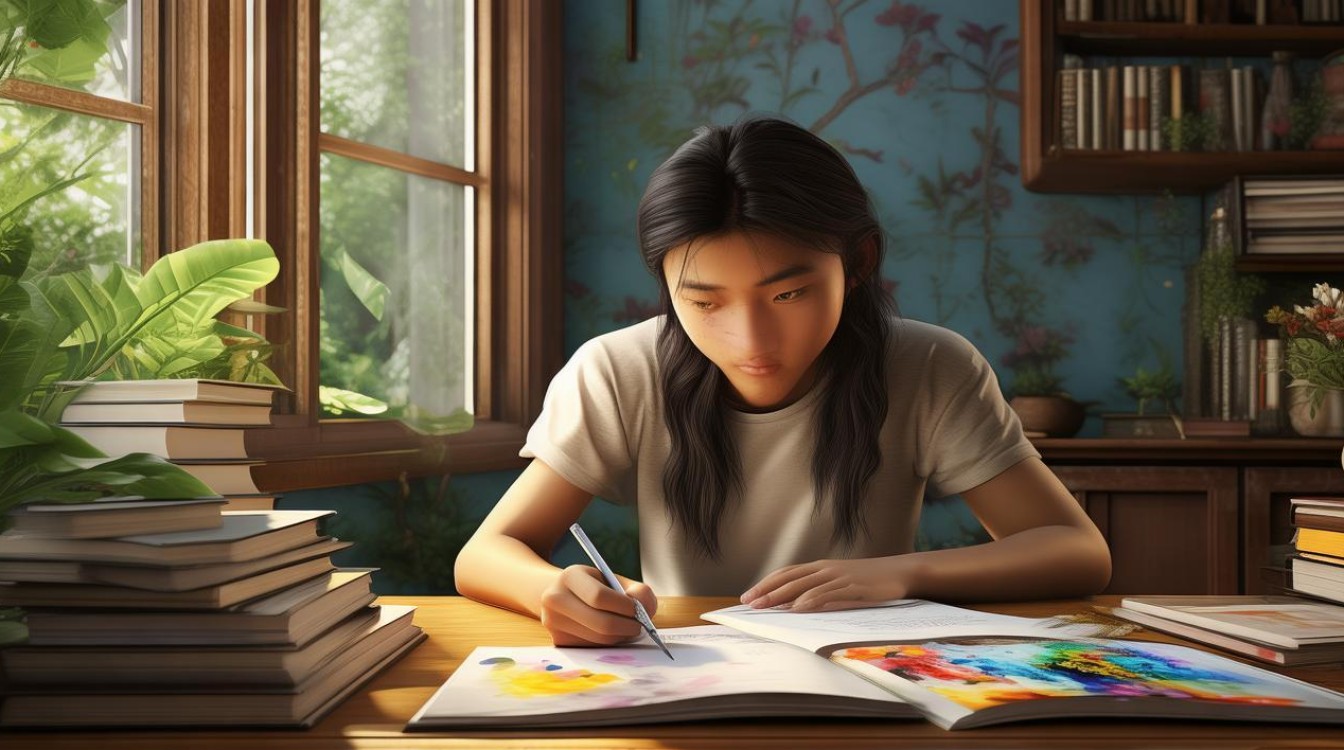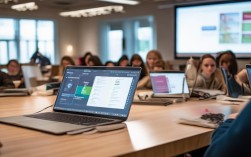Of course! "Creativity" is a fantastic and high-level topic for IELTS Speaking because it allows you to showcase a wide range of vocabulary, abstract thinking, and personal examples.

Here’s a comprehensive guide to help you tackle any question about "creativity" in your IELTS Speaking test, broken down by parts.
Part 1: Introduction and Interview
In Part 1, the questions are simple and personal. The key is to give a clear, direct answer and then add a specific example or a little extra detail.
Sample Questions & Answers:
Do you think you are a creative person?
- Good Answer: "Yes, I'd say so, although I wouldn't call myself a genius inventor or anything like that. I find creativity in everyday problem-solving. For instance, I enjoy experimenting with cooking, trying to combine different ingredients in new ways to create a unique dish. It's not about being a professional chef; it's more about the joy of making something original."
Do you like to visit art galleries?
- Good Answer: "I do, but I'm not a regular visitor. I find it's a great way to spark my own creativity. There was a modern art exhibition I saw last year that was completely abstract. At first, I didn't understand it, but it made me think differently about colours and shapes, which I found really inspiring."
When was the last time you did something creative? What did you do?
- Good Answer: "Just last weekend, actually. I was feeling a bit stressed, so I decided to get creative. I took some old clothes and fabric I had lying around and upcycled them into a tote bag and a couple of cushion covers. It was a great way to unwind and turn something useless into something functional and beautiful."
Do you think creativity is important?
- Good Answer: "Absolutely. I believe creativity is one of the most crucial skills a person can have. It's not just for artists; it's essential for scientists finding new solutions, engineers designing better technology, and even for parents figuring out how to entertain their children. It's the ability to connect ideas in new ways, which drives progress in all fields."
Part 2: Long Turn (The Cue Card)
This is where you can really shine. You have 1 minute to prepare and then speak for 1-2 minutes. Use the time to brainstorm keywords and a simple structure.
Cue Card:
Describe a time when you had to use your creativity to solve a problem or complete a task. You should say:
- what the problem or task was
- why you needed to be creative
- what you did to solve it or complete the task
- and explain how you felt about the experience.
Sample Answer Structure & Keywords:
-
Introduction (What the problem was):
- Start by setting the scene. "I'd like to talk about a time back in university when I was part of a group project for a marketing class. Our task was to create a campaign for a local, eco-friendly café, but we were facing a major problem..."
- Keywords: group project, marketing campaign, tight budget, initial ideas were cliché, uninspired.
-
Body Paragraph 1 (Why you needed to be creative):
- Explain the challenge. "...our budget was almost non-existent, and the initial ideas we were brainstorming were all pretty generic and forgettable. We knew that to stand out, we needed to think outside the box. The café owner wanted something authentic and engaging, not just another 'buy one get one free' offer."
- Keywords: challenge, think outside the box, generic, authentic, engaging, stand out.
-
Body Paragraph 2 (What you did):
- Describe your creative process and solution. "That's when I suggested we focus on storytelling. Instead of a traditional ad, we decided to create a series of short, fun videos for social media. We filmed the baristas sharing their secret recipes, the owner talking about his journey of sourcing local ingredients, and even some 'behind-the-scenes' clips of the café's daily life. We then shared these clips with a simple, consistent hashtag. It cost us nothing but a bit of time and our smartphones."
- Keywords: storytelling, short videos, social media, behind-the-scenes, consistent hashtag, cost-effective.
-
Conclusion (How you felt):
- Explain the result and your feelings. "The campaign was a huge success. The café's social media following grew significantly, and they reported a noticeable increase in customers, especially younger people. I felt an incredible sense of pride and accomplishment. It taught me that creativity isn't about having a big budget; it's about having a unique perspective and the willingness to try something different. It was a really rewarding experience."
- Keywords: huge success, noticeable increase, pride and accomplishment, unique perspective, rewarding experience.
Part 3: Two-Way Discussion
Here, the questions become more abstract and require you to discuss broader ideas. Use linking words and complex sentence structures.
Sample Questions & Answers:
Do you think schools do enough to encourage creativity in children?
- Good Answer: "That's a great question. I'd say the approach is mixed. On one hand, many schools have incorporated more art, music, and drama programs into their curriculum, which is a positive step. However, there's still a heavy emphasis on standardised testing and rote learning, particularly in subjects like maths and science. This can sometimes stifle a child's natural curiosity and creative thinking. Ideally, there should be a better balance between teaching foundational knowledge and allowing for open-ended exploration."
In what ways has technology impacted human creativity?
- Good Answer: "Technology has had a profound and dual impact on creativity. On the positive side, it has democratised the creative process. Tools like digital art software, music production apps, and online platforms like YouTube and Instagram allow anyone with an idea to create and share their work with a global audience. It's also a powerful source of inspiration. On the flip side, there's a risk of over-reliance on technology. The ease of using filters and AI-generated art might lead to a certain homogenisation of style, where originality takes a backseat to trends. So, it's a double-edged sword: it empowers but can also limit."
Do you think creativity can be taught, or is it an innate talent?
- Good Answer: "I believe it's a combination of both. While some people might have a natural predisposition for certain creative fields, like a perfect pitch in music or a natural eye for composition, I firmly believe that creativity is a skill that can be cultivated and developed. Just like a muscle, it can be strengthened with practice. By exposing oneself to diverse experiences, learning to ask 'what if?', and reframing problems, anyone can become more creative. It's about fostering the right mindset as much as it is about raw talent."
What are the most creative jobs in modern society?
- Good Answer: "Traditionally, we might think of artists, writers, and musicians. But in the modern world, creativity is embedded in many more professions. I'd argue that jobs in user experience (UX) and user interface (UI) design are incredibly creative, as they require designing intuitive and beautiful digital experiences. Similarly, advertising and marketing professionals constantly need to devise innovative campaigns. Even scientific roles, like a research biologist looking for a new vaccine, require immense creative thinking to form hypotheses and design experiments. Essentially, any job that involves solving novel problems benefits from creativity."
Key Vocabulary & Phrases to Use
- Nouns: innovation, ingenuity, originality, inspiration, a breakthrough, a novel idea, an out-of-the-box solution.
- Adjectives: imaginative, resourceful, inventive, innovative, unconventional, divergent thinking.
- Verbs: to brainstorm, to conceive, to devise, to envision, to improvise, to reimagine, to upcycle.
- Collocations: a spark of inspiration, a flash of genius, a stroke of luck, a creative block, a eureka moment, to think outside the box, to push the boundaries, to see things from a different perspective.
By preparing these ideas and vocabulary, you'll be well-equipped to discuss "creativity" confidently and impress the examiner. Good luck











